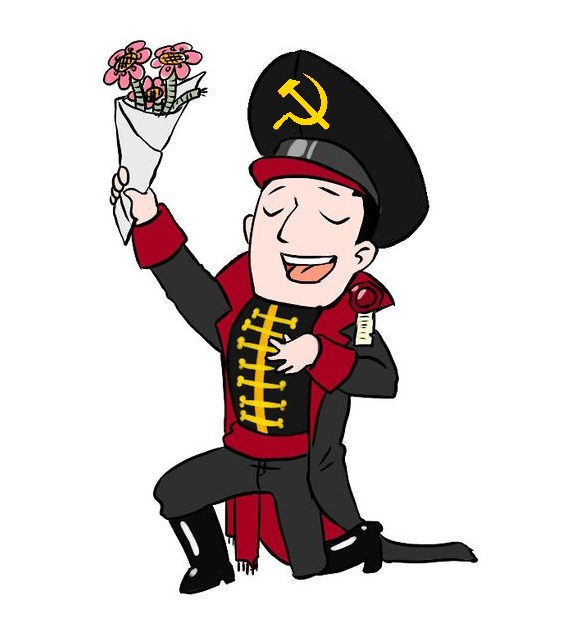I have been challenged in my critical support of Russia for its invasion of Ukraine by Lenin who during the First World War said it was foolish to support Germany against Russia or vice versa, and that the people should seek revolution regardless.
This is written in The Defeat of One’s Own Government in the Imperialist War
The phrase-bandying Trotsky has completely lost his bearings on a simple issue. It seems to him that to desire Russia’s defeat means desiring the victory of Germany.
In all imperialist countries the proletariat must now desire the defeat of its own government. Bukvoyed and Trotsky preferred to avoid this truth


Is it really that important to know whether or not Russia is imperialist right now to analyze the nature of this conflict? Russia is a capitalist bourgeois state and given the right conditions and opportunity it will become imperialist since imperialism is just the eventual higher form of capitalism. Additionally I do think that this current conflict is very much imperialist in nature. The very reason for this war is to secure the Russian territory from encroachment of western influence and militarization, i.e. the territorial division and redistribution of the world among the big capitalist powers. In the case of Ukraine this redistribution has been going on since 1991 and it’s only now escalating because Russia has become increasingly powerful and is in a position to fight back.
These are some great points. I suppose “hinges entirely on the question,” was an overstatement on my part. This is only true if you are trying to shoehorn this conflict into an inter-imperialist framework while other explanations exist. One particular question of interest is, what happens if revolutionary defeatists in Russia get their wish, the Russian bourgeois state is toppled, and there is no sufficient workers movement to seize state power? We could very well see the means of production being seized by western finance capital, rather than the proletariat. This is purely hypothetical and rather unlikely IMO, but it is the future the Atlantic Council gremlins are dreaming about.
I don’t think that this is a realistic scenario right now. What is even the probability of a real “toppling” of the Russian state in the current situation? That would pretty much need a full invasion and occupation by western forces or a true proletarian revolution.
I think it would be more likely for some sort of western-led color revolution to occur and in the light of a color revolution it’s just not sensible to talk about revolutionary defeatism, since all the systems of a bourgeois state would already be in place. The means of production are either part of state-owned firms or firmly in the hands of the Russian bourgeoisie. It certainly wouldn’t be anything like the “shock therapy” after the fall of the USSR. The state would stay the same, its class character unchanged, just with different capitalist factions with different interests in power. It would lead to more capital movement from the west into Russia, state firms would get privatized, profits moved out of the country. For the Russian working class it would worsen all the effects of capitalism. Funnily enough it would probably be a lot like what has happened to the Ukraine. It would be the regular mundane evil of the current imperialist world system.
All in all I don’t think that the current situation actually strengthens the position of the Russian working class in their class struggle. The Russian state has only become more repressive during this war. Additionally, a strong, independent Russian economy with a big public sector will potentially ease the contradictions of capitalism and thus placate and capture the working class (cf the history of western European social democracies).